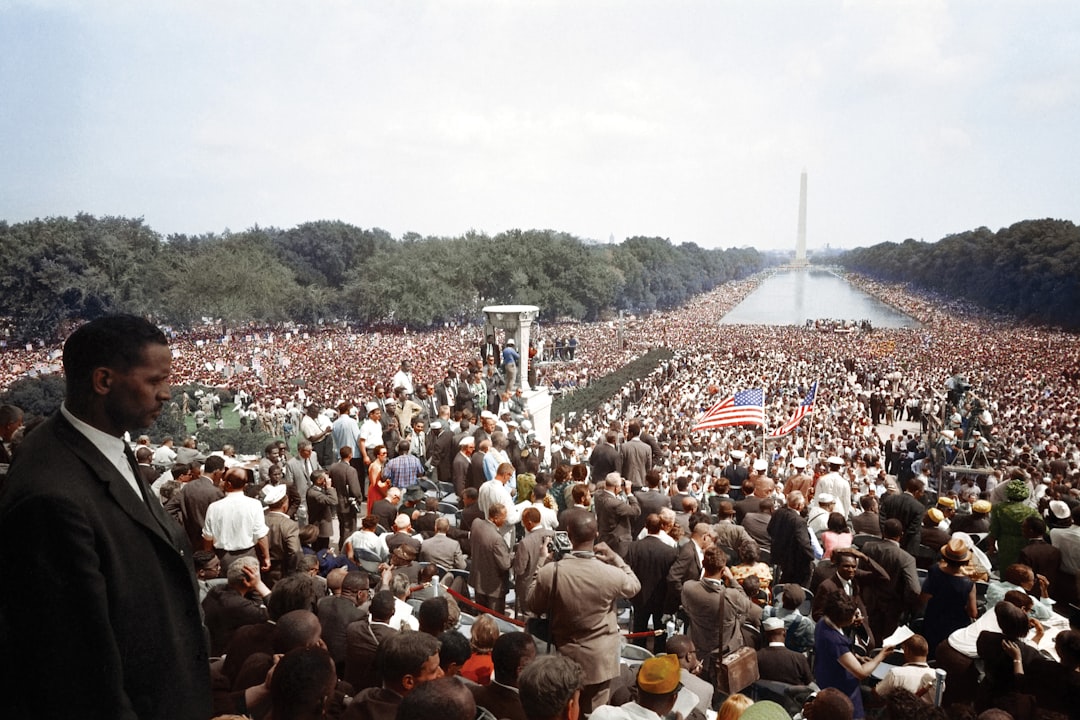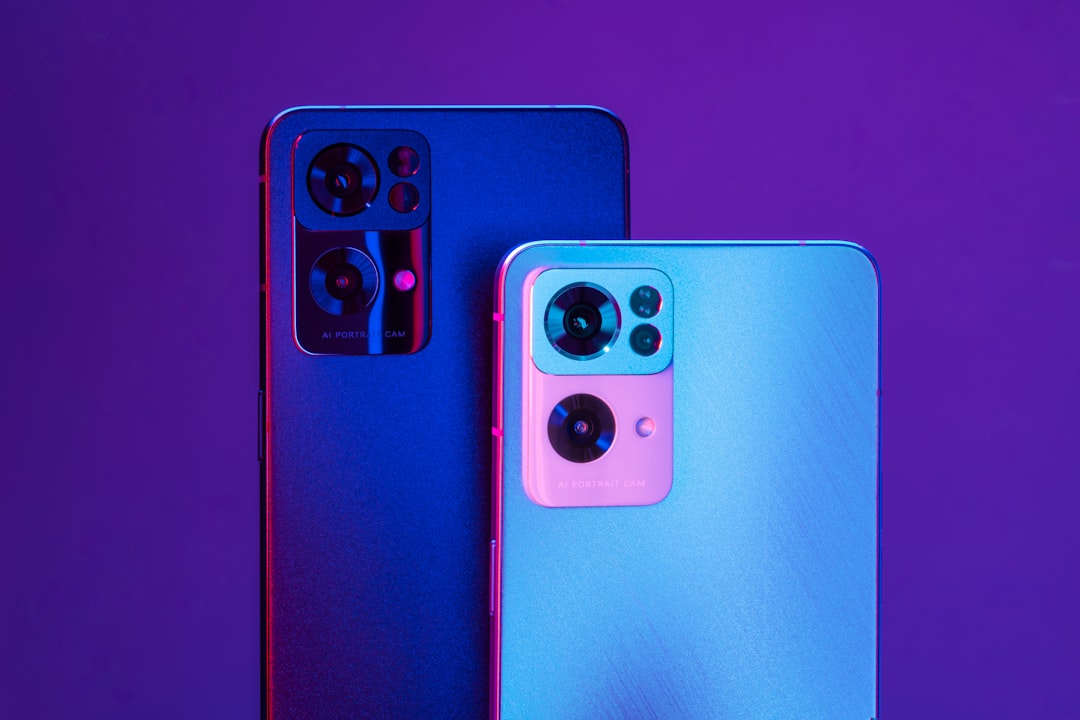In Washington D.C., strict 'Do Not Text' laws prohibit drivers from using text messaging apps while behind the wheel, with significant fines and penalties for violations. Misunderstanding these rules can lead to legal issues. Hands-free texting is generally safer but still subject to legal boundaries. Marketing via text messages requires explicit consent, clear opt-in mechanisms, and easy unsubscribe options to avoid penalties and maintain firm reputation. Seek guidance from a qualified Do Not Text Lawyer DC or law firm specializing in these laws for safe communication practices.
In the age of digital communication, understanding the fine line between hands-free texting and legal violations is crucial, especially in Washington D.C. This article explores the city’s strict laws on text messaging and their impact on law firms and lawyers. We delve into when hands-free texting might cross the line, focusing on Do Not Text Lawyer DC and related regulations like the Spam Call law firm DC. By understanding Do not text laws DC, legal professionals can ensure compliance while effectively promoting their services.
Understanding DC's Laws on Text Messaging and Communication

In Washington D.C., the laws regarding text messaging and communication are designed to ensure safe and responsible use while driving. The District has implemented strict regulations, often referred to as ‘Do Not Text’ laws, which aim to prevent distracted driving. These laws prohibit drivers from sending or reading text messages, including those on social media apps, while behind the wheel. Violations can result in fines and penalties, emphasizing the importance of compliance.
Understanding these laws is crucial for residents and visitors alike. The ‘Do Not Text Lawyer DC’ or ‘Do Not Text Attorney DC’ can provide legal guidance regarding these regulations. Furthermore, it’s essential to be aware that miscommunication or misunderstanding of these rules could lead to unintended consequences. With the potential for severe penalties, individuals should educate themselves on the ‘Do Not Text Laws DC’ and ensure they are practicing safe communication habits while driving to avoid any legal issues with a ‘lawyer for Do Not Text Laws DC’ or a ‘Spam Call law firm DC’.
When Does Hands-Free Texting Cross the Line?

In the age of advanced technology, hands-free texting has become a common practice, often perceived as a safer alternative to manual messaging while driving or engaging in other activities. However, it’s essential to understand when this behavior might cross legal boundaries. The Do Not Text Laws in DC are designed to ensure road safety and protect individuals from distracted communication. While hands-free devices can reduce the risk of driver distraction, they do not eliminate all risks associated with texting while engaged in another task.
The key lies in defining what constitutes ‘safe’ use. Simple tasks like voice commands for sending pre-crafted messages or making quick calls might be permissible. However, any activity that requires significant mental focus or engagement away from the primary task at hand could potentially violate DC’s Do Not Text laws. Employing hands-free tools to compose complex messages, engage in lengthy conversations, or access apps unrelated to communication can still distract and hinder a person’s ability to focus on their primary duty, whether driving or performing work. Therefore, individuals must be cautious and consider seeking advice from a Do Not Text Lawyer DC or a law firm specializing in these regulations to ensure compliance.
Legal Implications for Law Firms and Lawyers Promoting Via Text

Law firms and lawyers in Washington D.C. need to be aware of the legal implications when promoting their services via text message, especially with the increasing popularity of hands-free texting. While direct marketing through SMS can be an effective way to reach potential clients, it’s crucial to navigate these waters carefully to avoid violating local laws. The Do Not Text Laws in DC strictly regulate unsolicited text messages, including those from legal professionals. Engaging in mass texting campaigns or sending promotional texts to numbers not on your client list could lead to significant penalties and damage to the firm’s reputation.
Firms promoting their services with “Do Not Text Lawyer DC” or similar messages must ensure they have explicit consent from recipients. This includes having a clear opt-in mechanism and providing an easy way for individuals to unsubscribe. Furthermore, lawyers should be cautious when using automated texting services, as these can easily cross the line into spam territory. Lawyers for Do Not Text Laws DC are in high demand due to the strict regulations, highlighting the need for legal professionals to understand and comply with these guidelines to maintain ethical practices and avoid costly legal repercussions.






